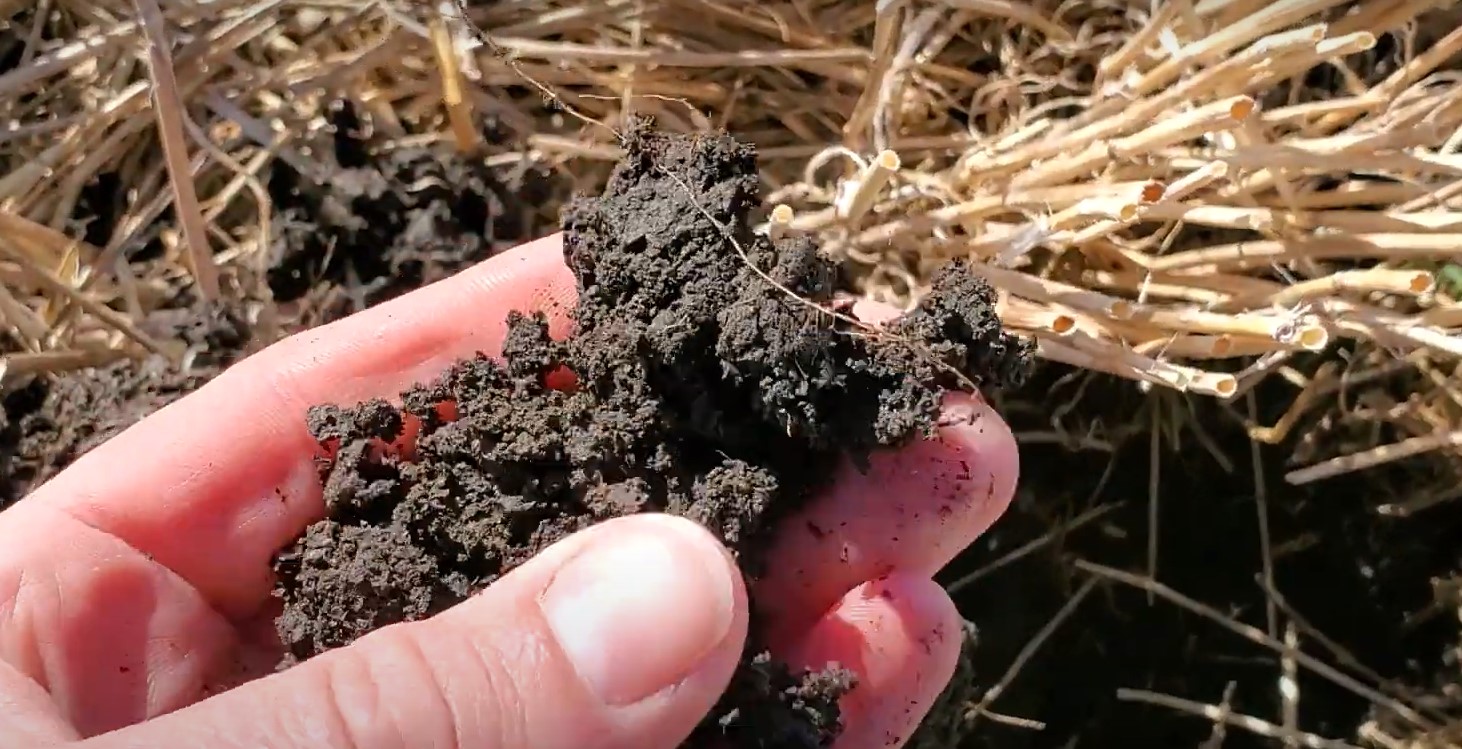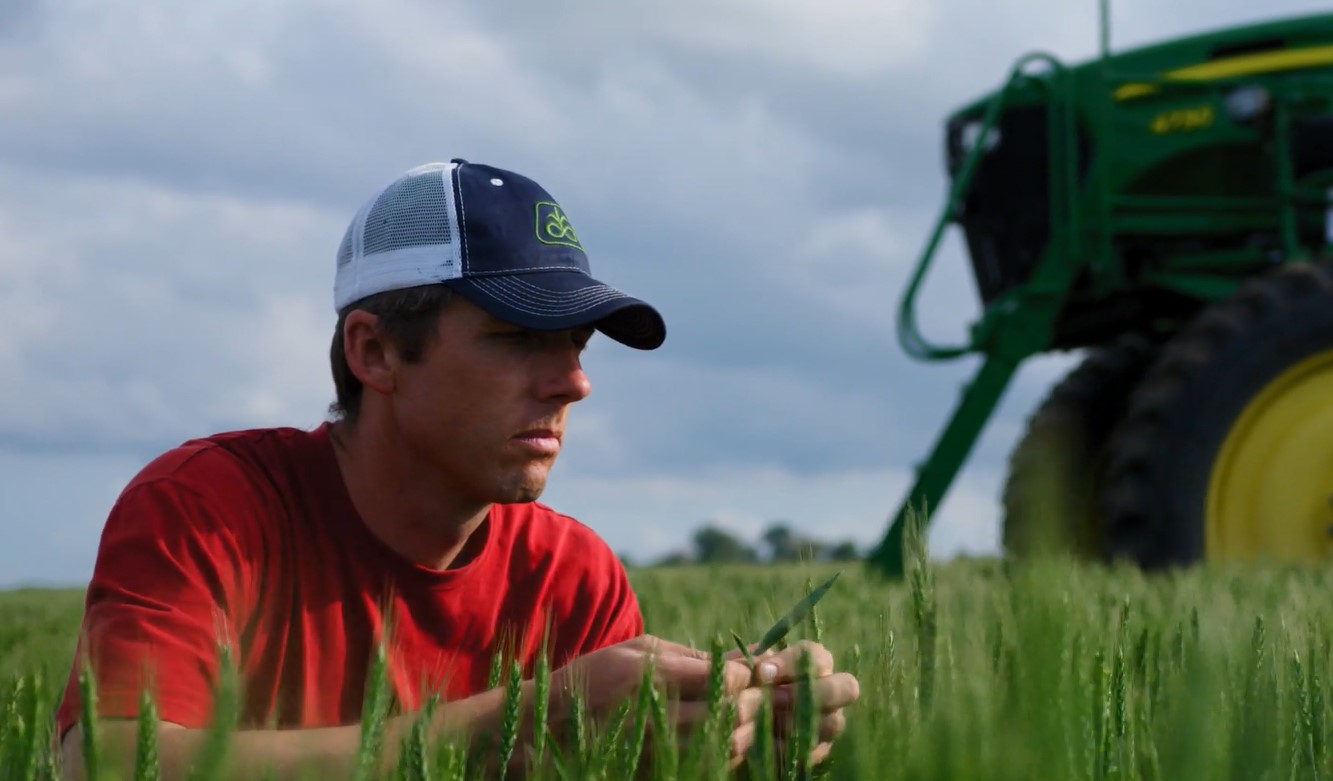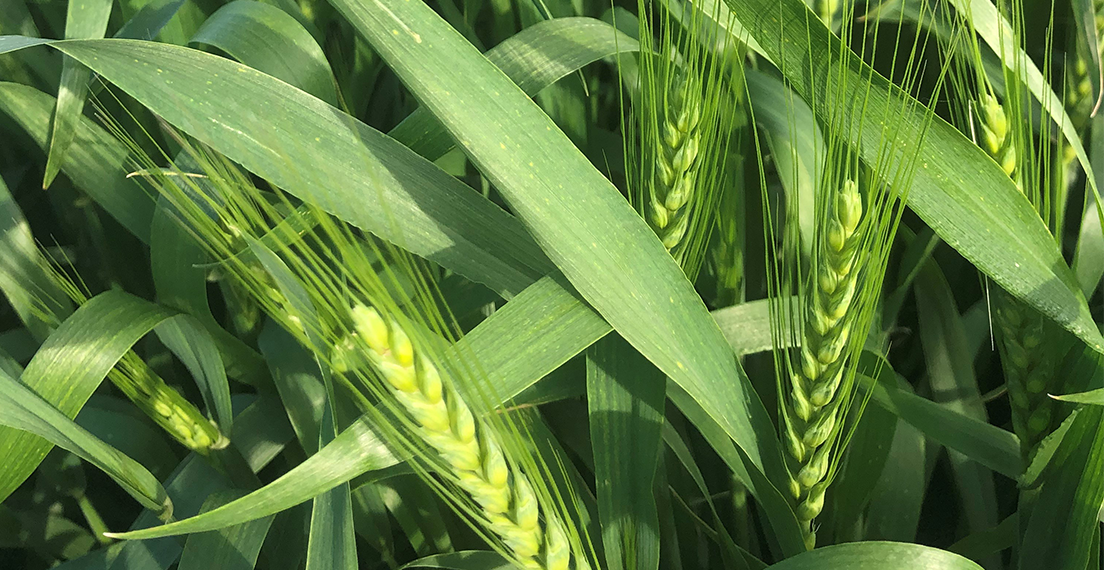U.S. wheat farmers know that improving economic and environmental sustainability is increasingly important to the world’s buyers and wheat food processors.
The commitment each person makes on the journey to those customers is what makes U.S. wheat unmatched in both quality and reliability. Farmers especially feel a responsibility to preserve this legacy, to act as stewards of the land, and promote new practices that improve economic and environmental sustainability.
Reflection First
“Sometimes we need to reflect on what we have done, visit with experts regarding farming practices, and continually try to improve,” said Scott Huso who with his wife Elizabeth and an experienced team of employees operate Ridgeline Farm near Aneta, N.D. “We are not trying to improve our farm for us, but for the next generations to come.”

The Responsible Way
“Members of my community, members of my family will be consuming this crop, as well as families around the United States and families across the globe,” said Kansas farmer Justin Knopf.
“When I make a decision to use a particular product, whether it be to fertilize the crop, to give it the fertility, the nutrition that it needs to grow and produce nutritious grain and good grain quality,” he said, “I always weigh those trade-offs with the end in mind and in a responsible way that consumers can be confident that we’ve done our due diligence.”

U.S. Wheat Associates (USW) is sharing a new video production called “Sustainability: Sustaining the Legacy” that features U.S. wheat farmers like Scott Huso and Justin Knopf explaining how they go about improving economic and environmental sustainability practices on their farms with end-use qualities and future farm families in mind.
A Better Future
These individual actions contribute to the whole in a big way – a future with better quality wheat and better land management, leading to better food products for people across the world.
Read other stories in this series:
Special Climate and Sustainability Committee Launched on Earth Day
Precision Agriculture Improves Environmental Stewardship While Increasing Yields
Technology, Innovative Farming Practices Advance Wheat Farm Sustainability
Minnesota Farmer Spread the News with His Conservation Practices
U.S. Farmers Embrace Conversation Practices
Farmers Look to New Technologies to Foster Precision Agriculture
Cargill CEO Highlights Farmers Role in Pandemic and Promoting Sustainability


